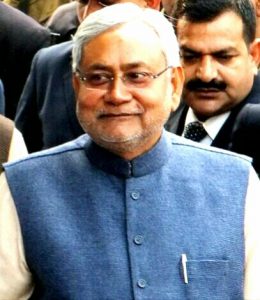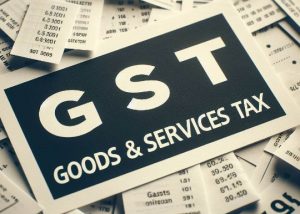

The current central government of India is led by Prime Minister Narendra Modi, representing the Bharatiya Janata Party (BJP). Coming into power in 2014 after securing a majority in the Lok Sabha elections, the Modi government was re-elected in 2019 with an expanded majority. Throughout its tenure, the government has implemented various reforms and initiatives across sectors including the economy, health, education, defense, foreign policy, and social welfare.
Notable achievements of the Modi government encompass key initiatives like the introduction of the Goods and Services Tax (GST), the Ayushman Bharat health scheme, the Swachh Bharat campaign, the Ujjwala scheme, and the implementation of the Insolvency and Bankruptcy Code (IBC). Despite these accomplishments, the government has encountered challenges and faced criticisms, including navigating the complexities of the COVID-19 pandemic, addressing farmers’ protests, managing economic slowdown concerns, and addressing social unrest.
Initiatives by Modi Government:
- Make in India: A campaign to promote manufacturing in India and attract foreign investment, innovation, and skill development.
- Swachh Bharat Abhiyan: A mission to achieve a clean and open defecation free India by 2019, through building toilets, improving sanitation, and raising awareness.
- Pradhan Mantri Jan Dhan Yojana: A scheme to provide financial inclusion to every household, by opening bank accounts, providing debit cards, insurance, and overdraft facilities.
- Startup India: An initiative to foster entrepreneurship and innovation, by providing tax benefits, funding, mentoring, and easing regulatory norms for startups.
- Mudra Yojana: A programme to provide loans to micro and small enterprises, especially those run by women, SC, ST, and OBC entrepreneurs.
- Digital India: A project to transform India into a digitally empowered society, by providing broadband connectivity, e-governance, digital literacy, and online services.
- Ayushman Bharat: A flagship health scheme to provide universal health coverage to 50 crore poor and vulnerable people, by offering free hospitalization up to Rs 5 lakh per family per year.
- Ujjwala Yojana: A welfare scheme to provide free LPG connections to 8 crore poor households, to reduce indoor air pollution and improve the health of women.
- UDAN: A regional connectivity scheme to make air travel affordable and accessible, by developing underserved airports and routes, and providing subsidies and incentives.
- GST: A landmark tax reform to replace multiple indirect taxes with a single Goods and Services Tax, to simplify the tax system, increase compliance, and reduce corruption.






